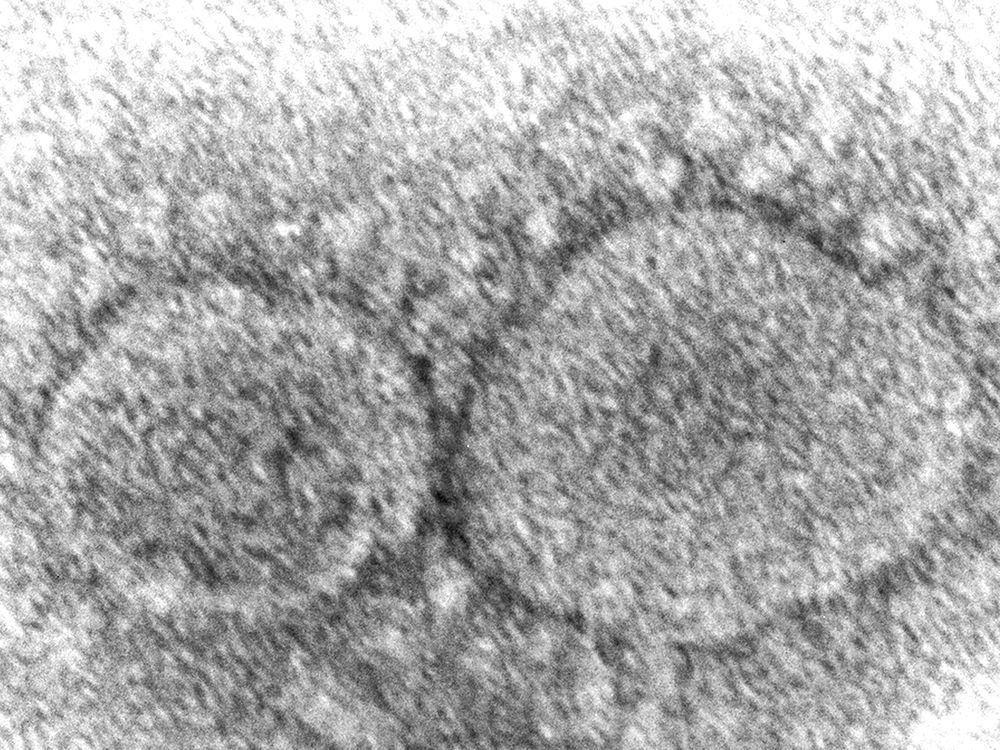
THE AMERICA ONE NEWS

Oct 7, 2025 |
0
| Remer,MNSponsor: QWIKET
Sponsor: QWIKET
Sponsor: QWIKET: Sports Knowledge
Sponsor: QWIKET: Elevate your fantasy game! Interactive Sports Knowledge.
Sponsor: QWIKET: Elevate your fantasy game! Interactive Sports Knowledge and Reasoning Support for Fantasy Sports and Betting Enthusiasts.
topic

National Post
12 Jun 2024

If you’ve been sick with COVID-19, you may have some protection against certain versions of the common cold.
A new study suggests previous COVID-19 infections lower the risk of getting colds caused by milder coronavirus cousins, which could provide a key to broader COVID-19 vaccines.
“We think there’s going to be a future outbreak of a coronavirus,” said Dr. Manish Sagar, senior author of the study published Wednesday in the journal Science Translational Medicine. “Vaccines potentially could be improved if we could replicate some of the immune responses that are provided by natural infection.”
